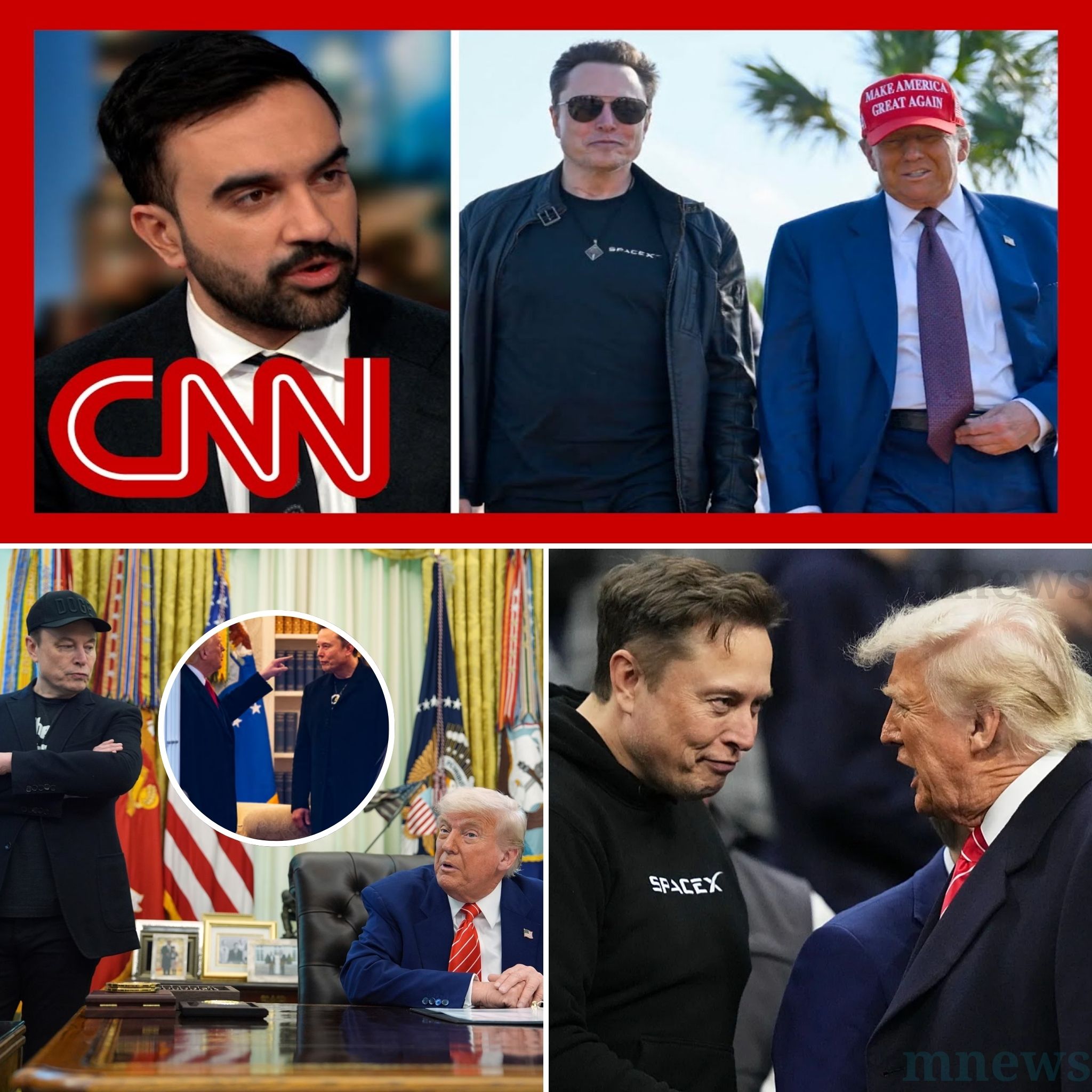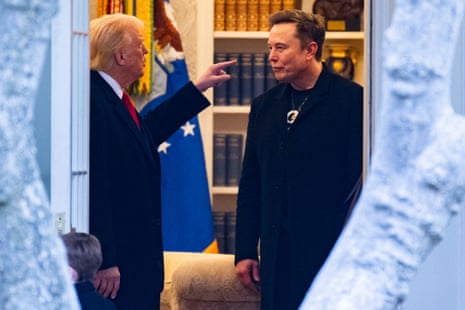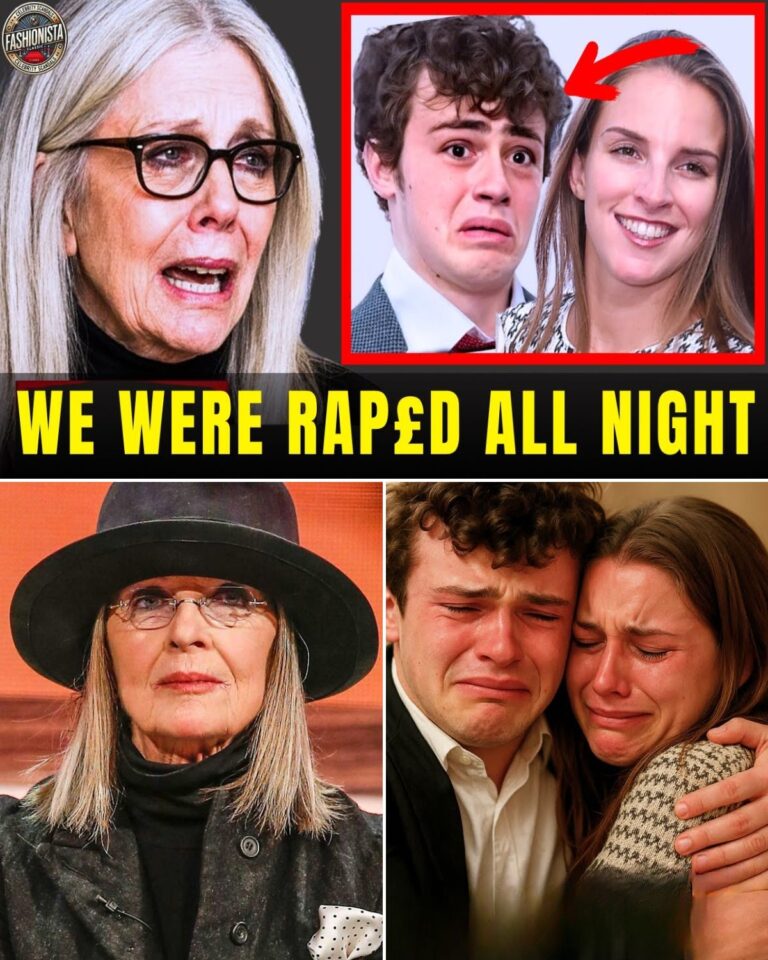In a shocking turn of events, President Donald Trump has publicly endorsed Andrew Cuomo in the New York City mayoral race, urging voters to support the controversial former governor. This endorsement has sparked an intense reaction from Zoran Mamdani, Cuomo’s opponent, who argues that this alliance underscores a troubling connection between Cuomo and Trump’s agenda.

Mamdani, speaking on a recent broadcast, asserted that Trump’s support reveals Cuomo’s ties to the billionaire class that has fueled Trump’s political rise. He emphasized that New Yorkers are tired of the influence of Washington politics in their local governance and see Cuomo’s candidacy as a continuation of Trump’s legacy rather than a solution to their pressing issues. Mamdani pointed out that Cuomo’s late embrace of Trump’s endorsement is a calculated move to mislead voters about his true affiliations.
Trump’s endorsement comes with a warning: if Mamdani, whom he labeled a “communist,” wins, federal funding for New York City could be drastically reduced. This statement, while intended to intimidate, has been interpreted by Mamdani as a sign of Trump’s fear of his campaign’s momentum. He argues that the funds in question are owed to New Yorkers and that it is unacceptable for Trump to wield such influence over municipal funding.

Adding to the drama, tech mogul Elon Musk also weighed in, suggesting that a vote for Curtis Sliwa is effectively a vote for Mamdani. Mamdani responded by highlighting the financial ties between Cuomo and Musk, pointing out that Cuomo previously granted significant tax breaks to Musk’s ventures while in office. This connection, according to Mamdani, illustrates the deep-rooted alliances that threaten to prioritize corporate interests over the needs of everyday New Yorkers.
Mamdani’s campaign has faced pushback from wealthy individuals, including former Mayor Michael Bloomberg, who have publicly criticized his platform. However, Mamdani remains steadfast, identifying himself as a democratic socialist and emphasizing his commitment to fighting for working-class New Yorkers. He believes that his proposals, which include raising taxes on the top 1% to address the city’s financial challenges, resonate with voters who are looking for real change.

As the election looms, Mamdani’s confidence remains unshaken despite the high-profile endorsements of his opponent. He calls on New Yorkers to recognize the implications of supporting a candidate backed by Trump and Musk, framing the choice as one between continuing the status quo or embracing a new vision for the city.
With the election just hours away, the stakes have never been higher. Mamdani’s closing argument is clear: if voters desire a break from the past and a government that prioritizes their needs, they must reject the influence of Trump and his allies by voting for change. The outcome of this race could redefine the political landscape of New York City and set a precedent for future elections.





